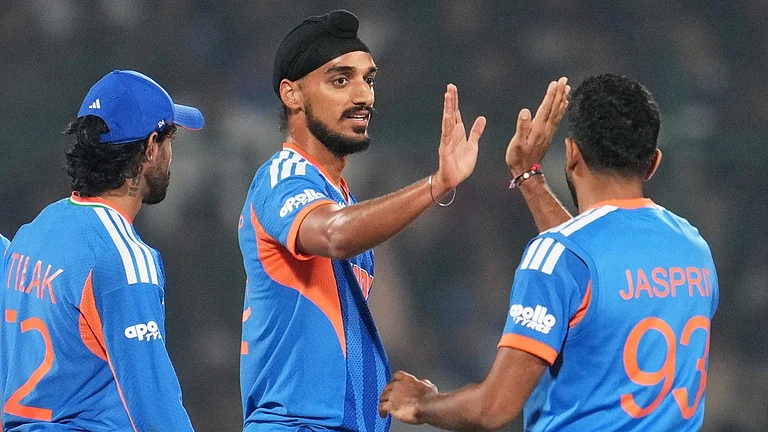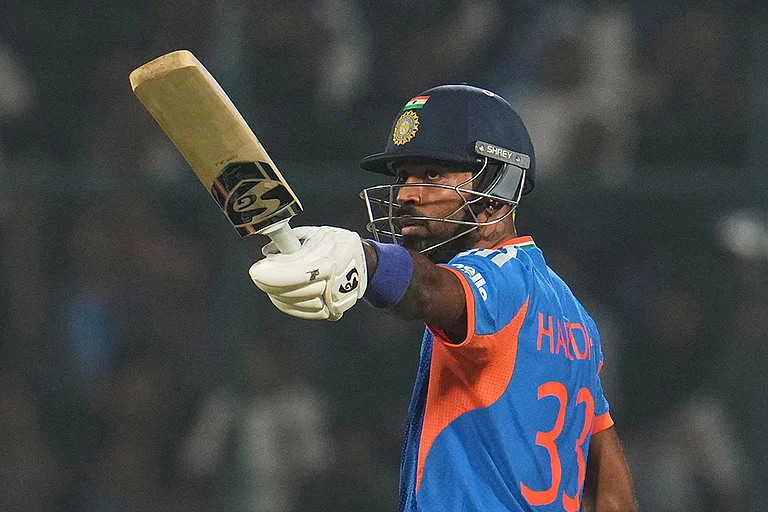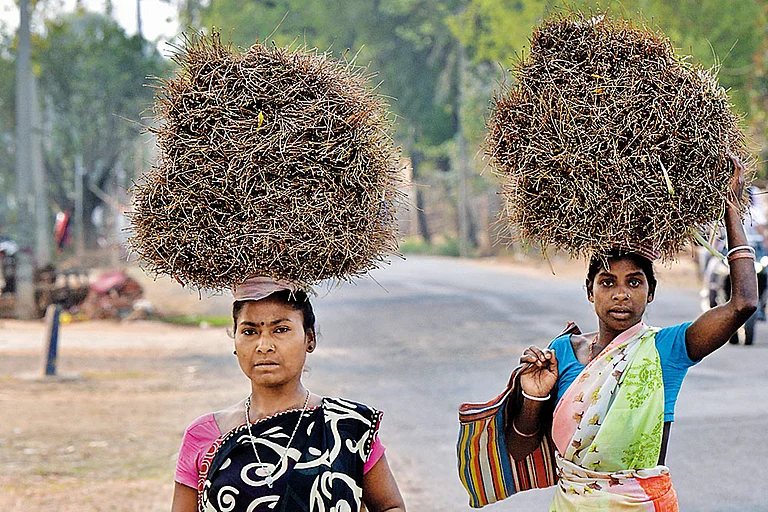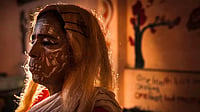Our Beloved Summer
Available on Netflix
I've followed both Choi Woo-Shik and Kim Da-mi’s careers, and I was surprised that Woo-Shik's first K-Drama after Parasite was Our Beloved Summer. I would have thought he would pick something a bit darker perhaps, something along the lines of Mouse, or a gritty thriller or slice-of-life film. I did not imagine that Woo-Shik would choose a romantic comedy.
Wooshik’s career graph reflects that he likes to play really challenging roles, and the romance genre is so done to death and cliché sometimes, that even as an audience it is dull to watch. (This is my subjective opinion. Go and watch as many formulaic romances as you please. Am cynical and jaded.) To begin with, I was stunned by the cinematography and the camera angles. Good directors, I have noticed, always make the camera work in their favour and incorporate it almost as a character in their storytelling. I loved how relatable some of the characters were, particularly Yeon-Soo and Choi Woong.
Woong's struggle with mental health–depression and insomnia–and being hurt to the point of crying in his sleep--is the kind of sincere and fragile vulnerability we almost never see in K-dramas, especially not from the male lead. But it is also interesting to see how the character does not play into the trope of being flat, or binary, just to make it convenient for the audience to understand. This is a happy-go-lucky person, who loves trees and sunshine, who loves his profession (being an artist), has a significant amount of fame and chooses to live a regular life, and at the same time carries a lot of pain and burden in his heart, and in life. I also like the use of professional artwork in the film. All of the paintings were by Thibaud Herem and Kim-Seung Bae.
The portrayal of unshakeable pain and why these characters carry that within themselves is explained in the latter half of the drama. You hear and watch them interacting with one another, but also with themselves and their environments. The writer of the story, Lee Na-eun, said that she wrote the character with Woo-Shik in mind, incorporating many of his daily habits.
I think Dami being the counterfoil just works very effectively. The two have an established relationship (as co-actors) having worked together on the Witch, and so playing off of each others' energies is quite evident. Dami is also brilliant as usual.
I love that Dami never plays damsels in distress and I think this is by design. She's always portraying brave and courageous women with a definitive point of view, whether the world approves of them or not. As more and more female actors decide to abandon the manic-pixie-dream-girl trope, I think it makes more space for women to have legitimate and interesting conversations within this narrative framework. The other characters all have their very well-explained backstories. It isn't a blink-and-you-miss-it moment. They all contribute to furthering the narrative, which becomes a really effective and interesting way to further the plot.
The School Nurse Files
Available on Netflix
A Limited Series peppered with whimsy; The School Nurse Files is a wildly fantastical tale about an eccentric school nurse with superpowers–she can see jellies. And these are no ordinary jellies. They take on ogre-like, monstrous forms and become dangerous to human beings. Jung Yu-mi plays the nurse Ahn Yeun Young, while Nam Joo-Hyuk teaches classical Chinese and has a superpower which prevents the vicious jellies from being able to attack him. The visual topography of this film is Wes
Anderson meets Yayoi Kusama in its circles and loops and vivid imagery. This K-Drama is incredibly quirky with no real logic, an unabashedly defiant female lead and incredibly non-linear storytelling. The other observation I had while watching these series was the representation of disability. Joo-Hyuk’s character is disabled and it is very rare in Korean dramas to find the male lead has a physical disability. This 6-episode K-Drama is a quick and fun watch if you like dramas that are unpredictable, with darker undertones and which use metaphors to drive home a point.
Jung Yu-Mi famously acted in the film Kim Ji-young, Born 1982, the adaptation of a book of the same name, that sparked public debate and became part of a critical feminist movement in Korea, about a stay-at-home wife and mother whose struggles with misogyny and casual sexism was deftly highlighted in the film. The School Nurse Files is a lighter watch than Kim Ji-young, Born 1982, but it still has feminist principles at its core.
Rookie Historian Goo Hae Ryung
Available on Netflix
Set in the Joseon Dynasty, Goo Hae Ryung is a female historian in the royal court. At this court, female historians are looked upon with suspicion and often disregarded in terms of their abilities. The English title of this Korean Drama does not do justice to how insightful it is. It is a story of political intrigue, conspiracies within the royal courts, the almost impenetrable and deeply entrenched social hierarchies, and the cost of telling the truth as a historian. The expansive palaces and the costumes add charm to this historical period piece. It is also subversive in that the prince in this narrative has lived a sequestered existence- the Joseon Dynasty equivalent of being locked up in a tower- whereas Goo Hae Ryung is free-spirited, independent, earns her own money and has a much better sense of how to navigate the world. Shin Se Kyung and Cha Eun Woo are the female and male leads respectively, but the love story is not central to the narrative. It is a woman’s pursuit of the truth and the obstacles that lie in the way of that truth.
The Red Sleeve
Available on Apple TV and Viki
The Red Sleeve is one of the finest Korean dramas that I have watched in recent times. Set in the 1700s in the Joseon era, The Red Sleeve is about a king (Yi San) who puts his country and valour above self and romantic love, and a court lady (Deok Yim) who puts her education, friendships and individual freedoms above romantic love.
There are several frames in the drama where incredibly supportive female friendships are represented, as is the pride that Deok Yim takes in her transcription work (she glows with pleasure whenever someone compliments her beautiful calligraphy and she earns a living on the side from it), and also for her imaginative re-telling of folk tales that enraptures everyone in the palace.
Making historical accounts evocative on film can often go awry, but it is heartening to see fictionalized accounts of events from the past where the art team, the cinematographer, the visual effects team and the actors have done meticulous research in order to make the story believable and authentic.
If this were a Shakespearean play, it would most certainly be a tragedy and the nuances in the story and very culture and context-specific. The drama deftly and sensitively tackles taboo subjects, even in the present day.
I was very glad to observe that the makers were not pliant to modern-day viewers, and really stuck to the source material. The Red Sleeve is as much a story about love as it is a feminist fable- an intimate look into two people’s lives. Through their lens, larger conversations about class, gender, decorum and propriety are explored.























